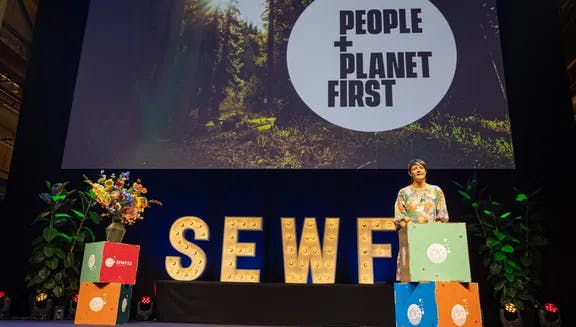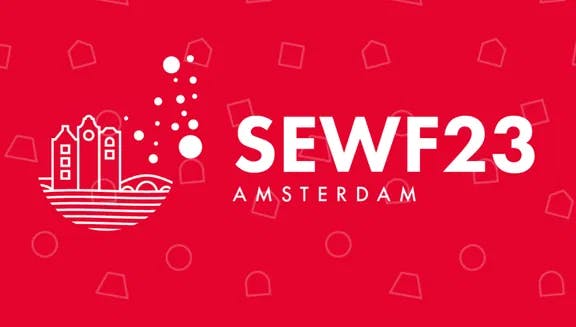
Impact ventures: 5 elements for success
1. Put people and planet first
Corporate social responsibility and actions towards fulfilling Sustainable Development Goals have become part and parcel of missions, strategies, and annual reports worldwide. But not all companies can call themselves impact enterprises or, specifically, social enterprises. A social enterprise’s raison d’être is to contribute to the public good. While revenue is also crucial for its operations, a social enterprise puts people and the planet at the centre of its business strategy. In the Netherlands, there is no single definition of what a social enterprise is, though the country has “a longstanding tradition of combining entrepreneurship with impact,” says a 2019 European Union report on the subject, as well as “a healthy philanthropic sector.”
2. But be business-minded
Successful social enterprises are led by people who are business-minded in addition to having a social conscience. While they are passionate about making an impact and bringing about change, they also know how to keep an organisation’s coffers intact. Consumers and investors alike are attracted to social enterprises that base their mission on a sound business plan, traction, product or service differentiation, professional staff who meaningfully engage with customers, and a clear-cut and consistent strategy and vision.
3. Get the right social venture capital
Money is money, but not all equity is experienced equally. Whether a social enterprise is a young startup or has already reached the scale-up phase, venture capital should come in the right form, from the right source and within the right context. The Integrated Capital Network, an initiative of the Amsterdam Impact programme, brings together impact entrepreneurs and financiers to collaborate on improved access to capital for social enterprises and reduced risks for financiers. Social impact venture specialists can provide guidance, helping iron out details, such as whether the organisation would benefit from support in the form of funds and/or facilities; via an angel investor or crowdsourcing; or within an accelerator or an incubator setting. Amsterdam-based organisation Social Enterprise NL has put together a Finance Tool, a searchable overview of impact enterprise investors and crowdfunding platforms aimed at socially responsible businesses.
4. Look to the local community
Many impact enterprises that address local issues prove effective and efficient because they are run by the very stakeholders affected by the issues, directly or indirectly. A case in point is Amsterdam Impact’s Boost je Buurt (‘boost your neighbourhood’) initiative, which acknowledges the importance of community, particularly during the lockdowns of the COVID-19 pandemic. Four impact entrepreneurs from each of the city’s seven districts took part in an entrepreneurship development programme supervised by Impact Hub Amsterdam and the most outstanding were awarded cash prizes.
From Women Skate the World which uses skateboarding to connect, empower and inspire people, particularly women and girls, to the Bijlmer Bookstore that celebrates Black and Afrocentric literature, the range of winning impact enterprises could address universal problems and global movements at hyperlocal levels.
5. Embrace evolution
Social enterprises tend to be dynamic because social progress is dynamic. Integral to the social responsibility of businesses is the ability to evolve, acting when it is time to change course or even abandon ship. Companies do well to approach their missions like engineers working on a design – in a continuous cycle of prototyping, testing, and tweaking. When now international Tony’s Chocolonely first began in the Netherlands, it produced Fairtrade chocolate that proudly called itself “100% slave-free.” But then, the company realised that it simply could not guarantee that its supply chain was completely free of modern slavery or child labour. This shook up the company’s worldview and unique selling point, though only temporarily. Soon the company modified its mission and its bright-coloured wrappers to read “on our way to 100% slave-free chocolate.” The evolving social quest is now simply a salient feature of the brand.
Read more about Amsterdam Impact and the programme’s six pillars: transition, market access, capital, internationalisation, impact entrepreneurship in the neighbourhood, and promoting connections across ecosystems.





